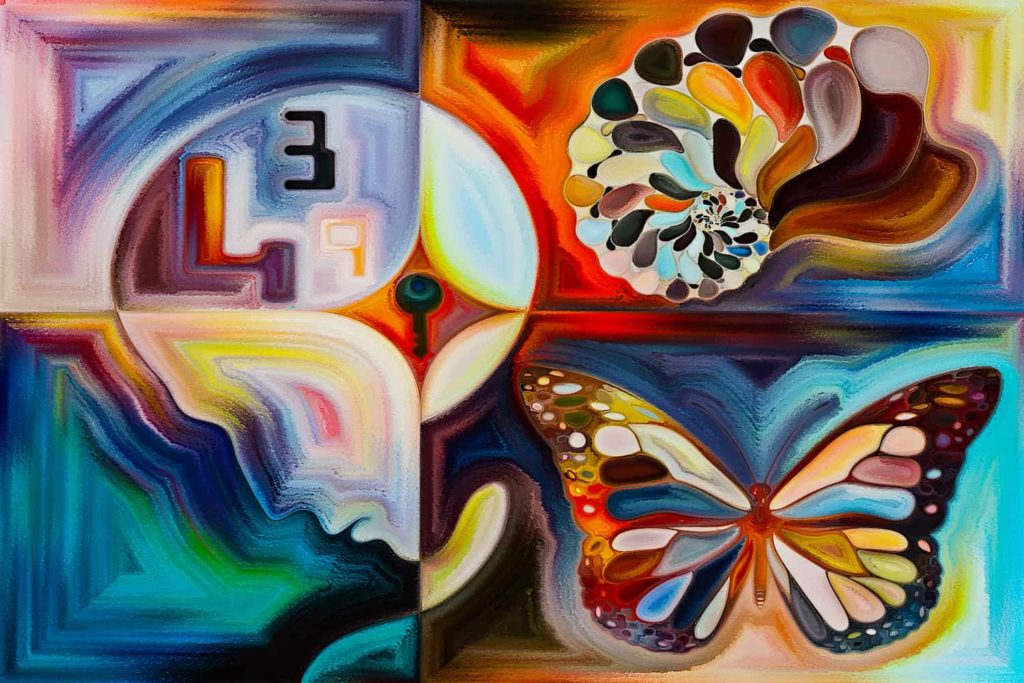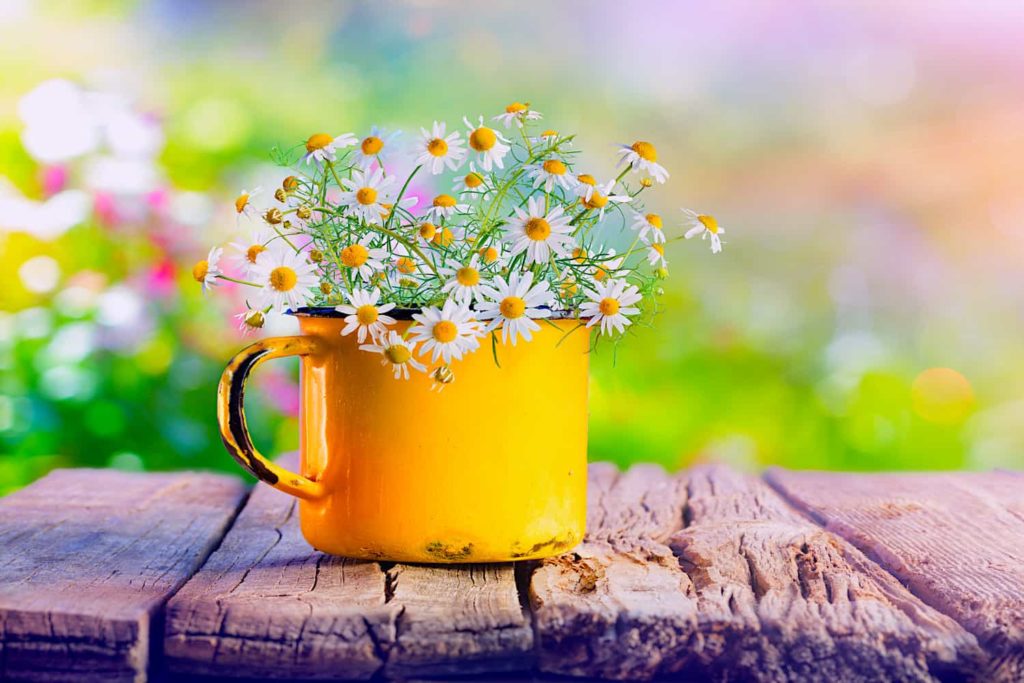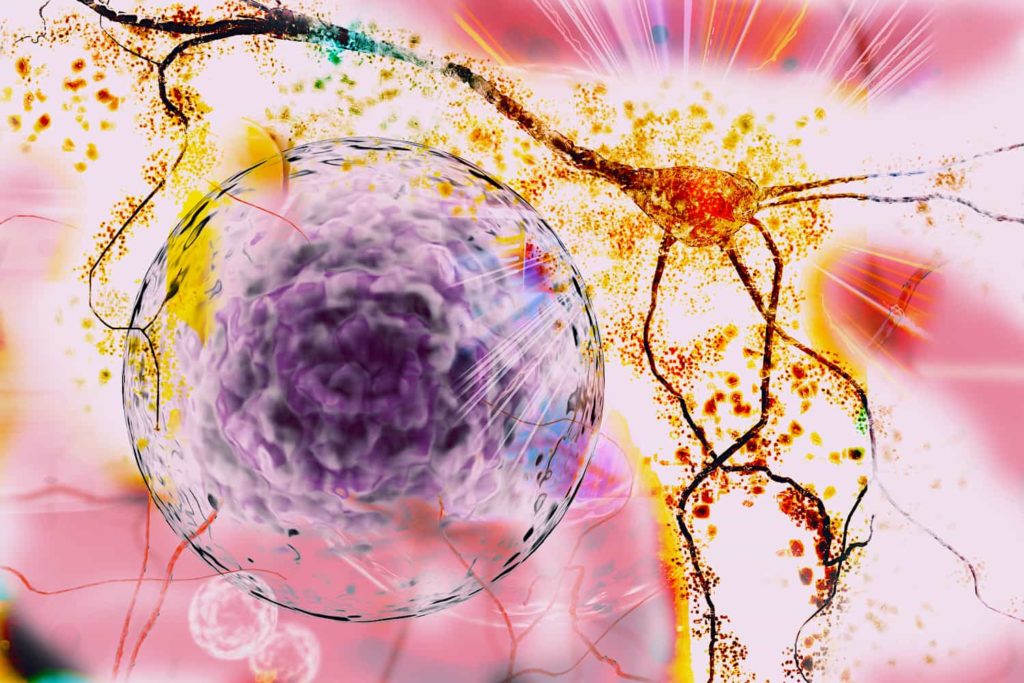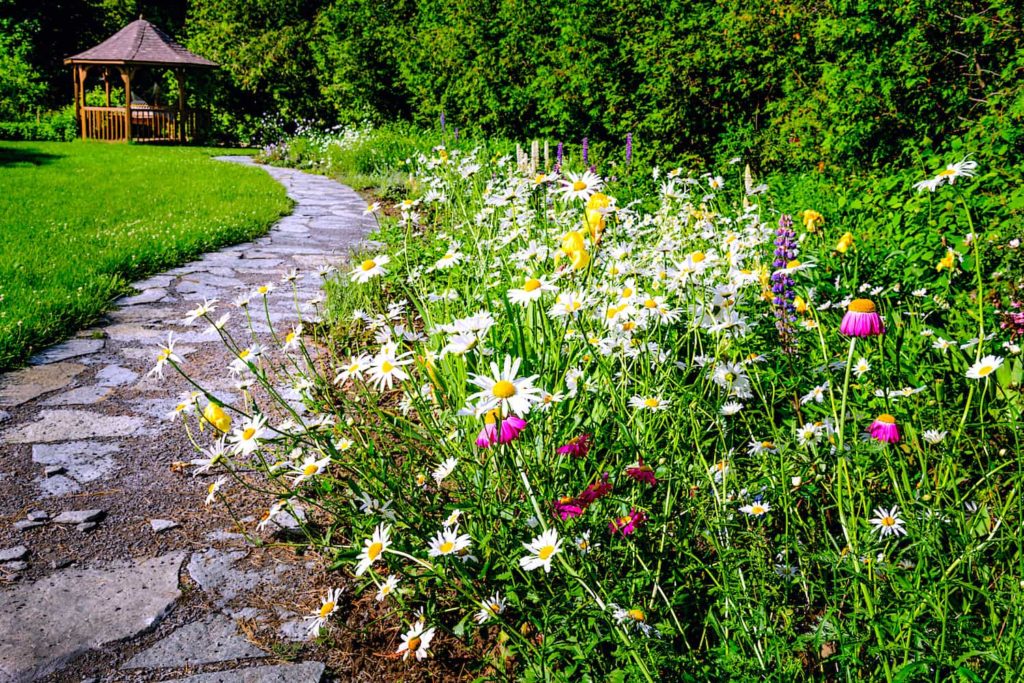
Dementia, Coping, and Creativity
I have a loved one with dementia. Maybe you do, too. Each case is so different that it is difficult to say much of anything that is universal about the broad range of diseases classified under the umbrella term. I write this post from my own experience, understanding that your situation or that of your loved one may be very different.
My loved one with dementia loves flowers. As we go for drives, she points out the different varieties in people’s gardens. She loves to receive bouquets on special occasions as to admire the blooms up close. Out of all the colorful blossoms she knows, I’ve always found it interesting that her favorite is the humble daisy. To protect her privacy, I will refer to my loved one by the name of her beloved bloom. This post is dedicated to Daisy, her creativity, and the creativity of those who love her.
Creativity and the Humble Daisy
Daisy and her loved ones have used our creativity in different ways over the decade we have been dealing with dementia. The most creative of all of us is undoubtedly Daisy herself.
Daisy’s memory loss has progressed slowly, and she is aware that it is happening. She rarely uses the term dementia, and prefers to admit, “my memory isn’t so good, you know,” or “I’m kind of mixed up today.” I’ve discovered that her phrasing is as much for the comfort of others as it is for her own.

Keeping others comfortable with her failing memory has required an immense amount of creativity on Daisy’s part. She steers conversations toward themes she can speak about reliably: the things she can currently see outside the window or memories from times past that haven’t yet been affected by the disease. The question of, “what are you up to today,” is often countered with, “well, I’ve been a lazy daisy.” Saying that she hasn’t done much of anything protects her conversation partners from the uncomfortable reality that she might not remember what she has done earlier in the day.
Sometimes Daisy’s lapses in memory require her to fill in the blanks, making connections that are comprehensible to her, and sometimes only to her. By definition, creativity is the ability to make new connections for a productive outcome. Daisy’s connections seem new to her, if not to anyone else. We have all heard her make the same associations, sometimes erroneously, many times before. Her desired outcome of keeping everyone comfortable with her memory loss isn’t always possible.
Creativity and the Gardeners
For those of us who love Daisy, coping with her condition also requires creativity. Sometimes we share in creative coping mechanisms, and sometimes we take very different approaches.
Some of us cling to the narrative that everything is okay. Sure, Daisy doesn’t remember much, but she is in her nineties. Everything is just fine; after all, she’s still talking, still going, even though she’s slowing down. Others hold on to a specific aspect of her care. If the kitchen is just clean enough, everything is going to be okay. Some of us are in quiet resignation; there’s nothing left to be done for Daisy, except for keeping her as comfortable as possible. We all connect the pieces of Daisy’s current story in a slightly different way, but we are doing our creative best.

One of the ways we all use our creativity with Daisy is in the co-creation of meaning in her reality and in her stories. Sometimes her tales of times past are almost perfect and only require the confirmation of one piece of information to complete them. We fill in the blanks subtly to avoid discomfort as much as possible. Sometimes she asks one of us to take over the story completely, and we oblige. What happened several decades ago, or just yesterday, or what the plans are for tomorrow are all puzzles that Daisy and her loved ones continuously work to put together.
The Garden Path
The daisy isn’t the flashiest flower in the garden, but it is sturdy. Our Daisy keeps observing, keeps connecting, keeps faltering, but keeps going. And so do we.
Each story of dementia is different, and everyone has their own way of coping. In the case of Daisy and those who love her, we have employed creativity to deal with the ups and downs, but I suspect we are not alone.

What are the ways that creativity has helped you cope with dementia or other diseases? What are ways that creativity might help as the condition progresses? Our humble creativity won’t cure the disease, but it might make the road ahead a little easier.
This doesn’t take away from the inherent difficulty of the journey. When we get caught up in the memories and the abilities that have been lost along the way, however, we may not fully enjoy the flowers that still decorate the path.
Today I’m going to take some time just to enjoy the humble Daisy.
For information and resources on dementia and related memory diseases, please visit the Alzheimer’s Association.